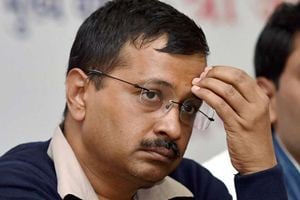It gets worse due to political patronage. With over 800 illegal colonies regularized a few years ago, most do not have enough space to construct grid stations or to lay new cables or put up electricity poles. An equally big challenge is paying for the sub-stations. Under the DERC rules, this has to be paid for by the builder – in this case, the government – so there is a severe shortage of infrastructure. Indeed, as a general rule, DERC admits it has been conservative in approving new capex schemes – so there is a very big problem relating to funding the modernization of Delhi’s distribution network which needs to be addressed. It doesn’t help that with 70-80% of household without circuit breakers in their electricity connections or drawing much more than their sanctioned loads, the overloading is very high – once this fault travels to the discoms’ transformers, they malfunction; not surprisingly, the greatest outages happen in areas with the largest power thefts and the discoms have no power to enforce discipline here. Cable faults due to construction work are another huge problem and repairing this can take even a few days. Given how the Supreme Court dismissed the Trai’s call-drop order for not taking into account the ground realities – like the lack of spectrum and towers – this could also go the same way should the discoms take DERC to court.
Arvind Kejriwal’s penalty for electricity providers may go the TRAI call-drop way
Delhi chief minister Arvind Kejriwal wants electricity distribution companies (discoms) to compensate consumers for deficiency in service even when it is not clear they are to blame.
Written by Sunil Jain
Updated:

Get Live Share Market updates, Stock Market Quotes, and the latest India News and business news on Financial Express. Download the Financial Express App for the latest finance news.
This article was first uploaded on June one, twenty sixteen, at thirty-three minutes past nine in the night.